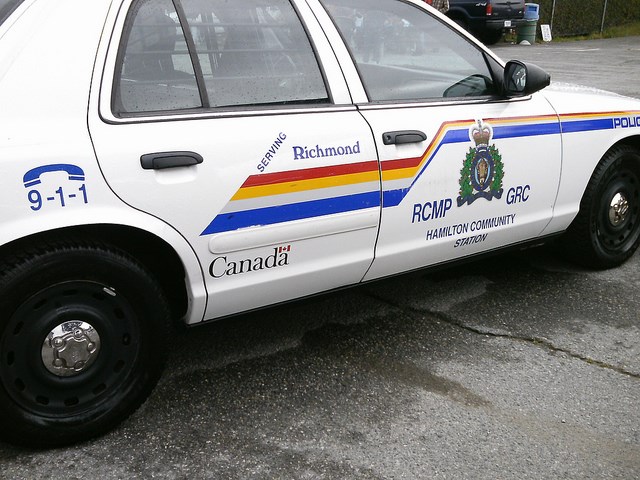Policing in Richmond has clearly been a divisive issue for city councillors; some want to maintain the RCMP, while others are intent on establishing a municipal force.
But while the debate may be heated among councillors, it hasn’t exactly got the community at large setting its hair on fire. In fact, judging by the paltry turnout at public meetings, one might think people don’t really care.
Regardless, the city spent $150,000 to conduct a survey which found 59 per cent of 600 decided Richmond residents favour keeping the RCMP. But perhaps more telling was the fact consultant Anna Lilly, who oversaw the public process, stated that many residents said they didn’t know enough about the subject and were wondering why they were being asked about it in the first place. A full one third of respondents checked “no opinion.”
What was troubling in all this were some comments from councillors following the presentation of the findings. Ken Johnson said “a lot of this goes back years” and there are “things we can’t talk about.” Derek Dang said he wasn’t surprised by the result given the information, or lack thereof, provided to the public. Carol Day said, as a new councillor, she was given a mass of confidential background information that left her with more questions than answers.
One gets the sense there’s something we’re not being told — and there is.
The lack of information Dang and others refer to includes a special report specifically commissioned to look at policing in Richmond. The majority (but not all) of council voted to keep this report secret. We suspect it’s critical of the RCMP arrangement only because it’s the councillors apparently in favour of a municipal force who are wanting it made public. But even that (who’s in favour and who’s not) we can’t be sure of. Some have been dropping hints, but most councillors seem reluctant to publicly advocate a position, despite the fact they are the only people privy to an analysis of the very issue we are being asked to vote on. Or, maybe there are forces greater than city council at work keeping a lid on things. The point is, we don’t know.
And why, all of a sudden, this referendum-type governance? Certainly there have been issues that, for many residents, have been far more pressing than models of policing, but there was no suggestion of letting a survey be the final arbiter in those cases.
I’m not saying there should be a change in policing, nor am I saying all documents should be made public. I’m not even saying that making these documents public would have changed the outcome.
I am saying, however, that conducting a survey without providing adequate context is, hmmm, shall we say, unhelpful and does more to breed suspicion than any sense of public consultation.



